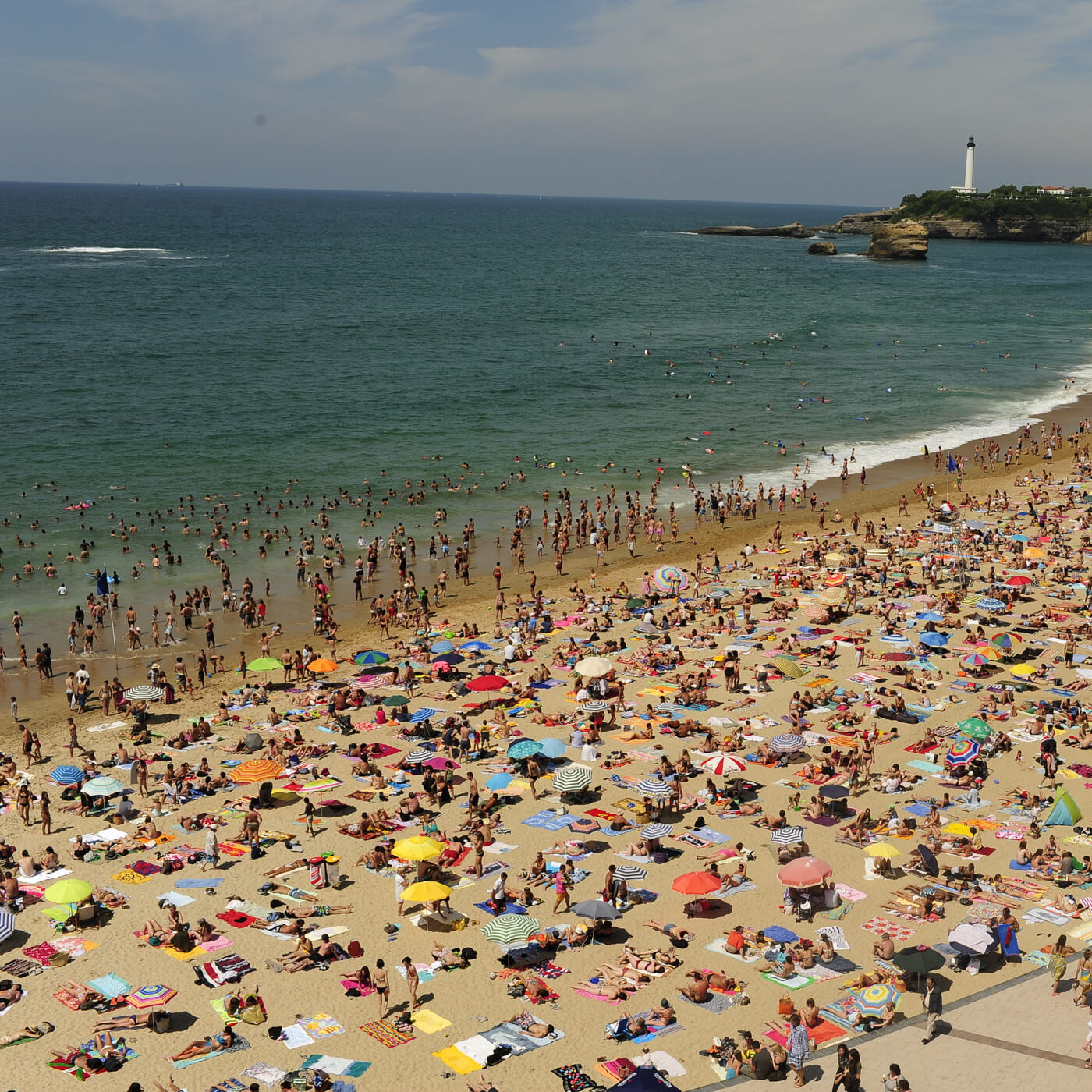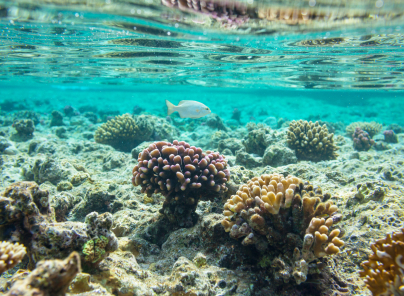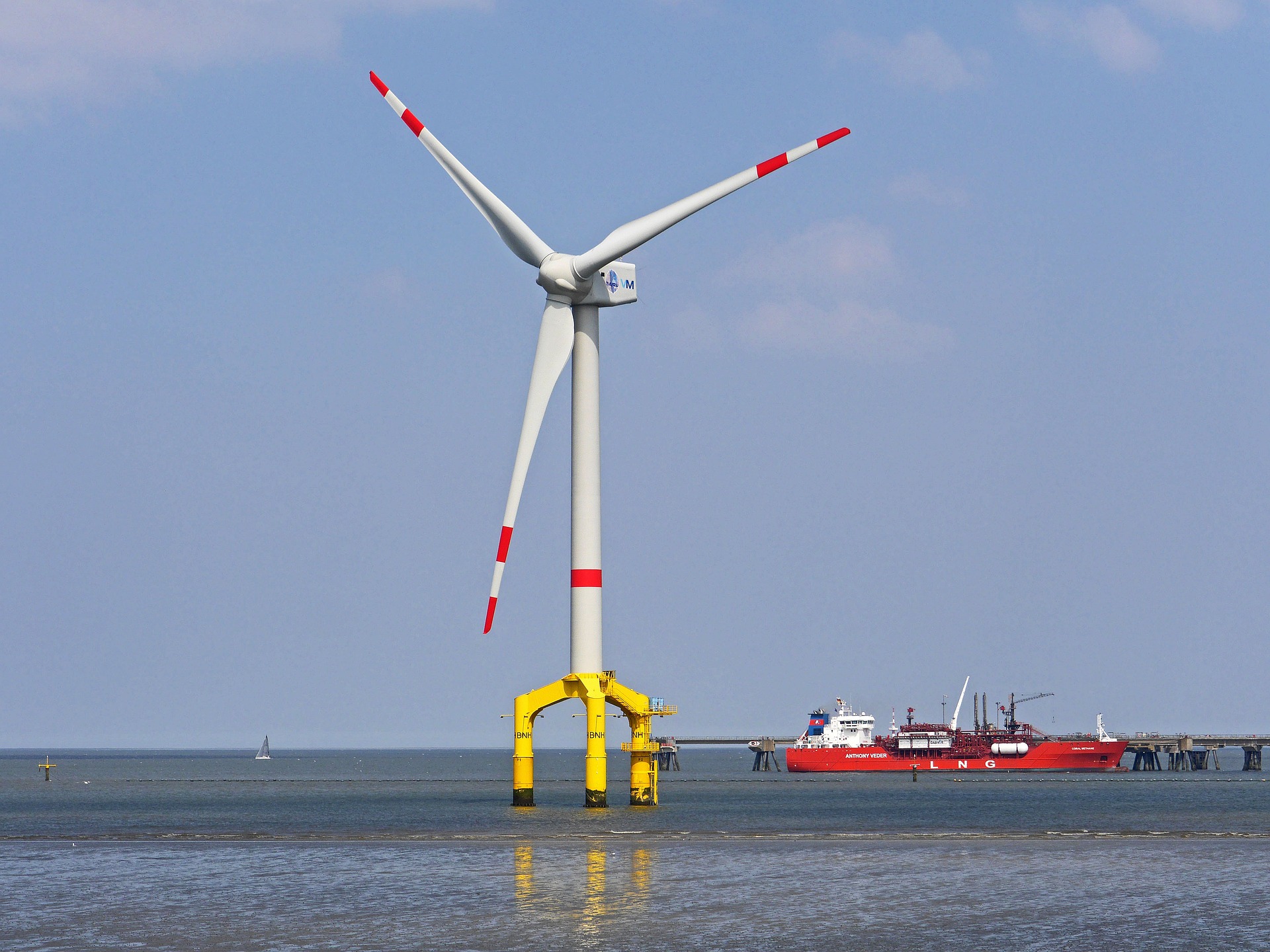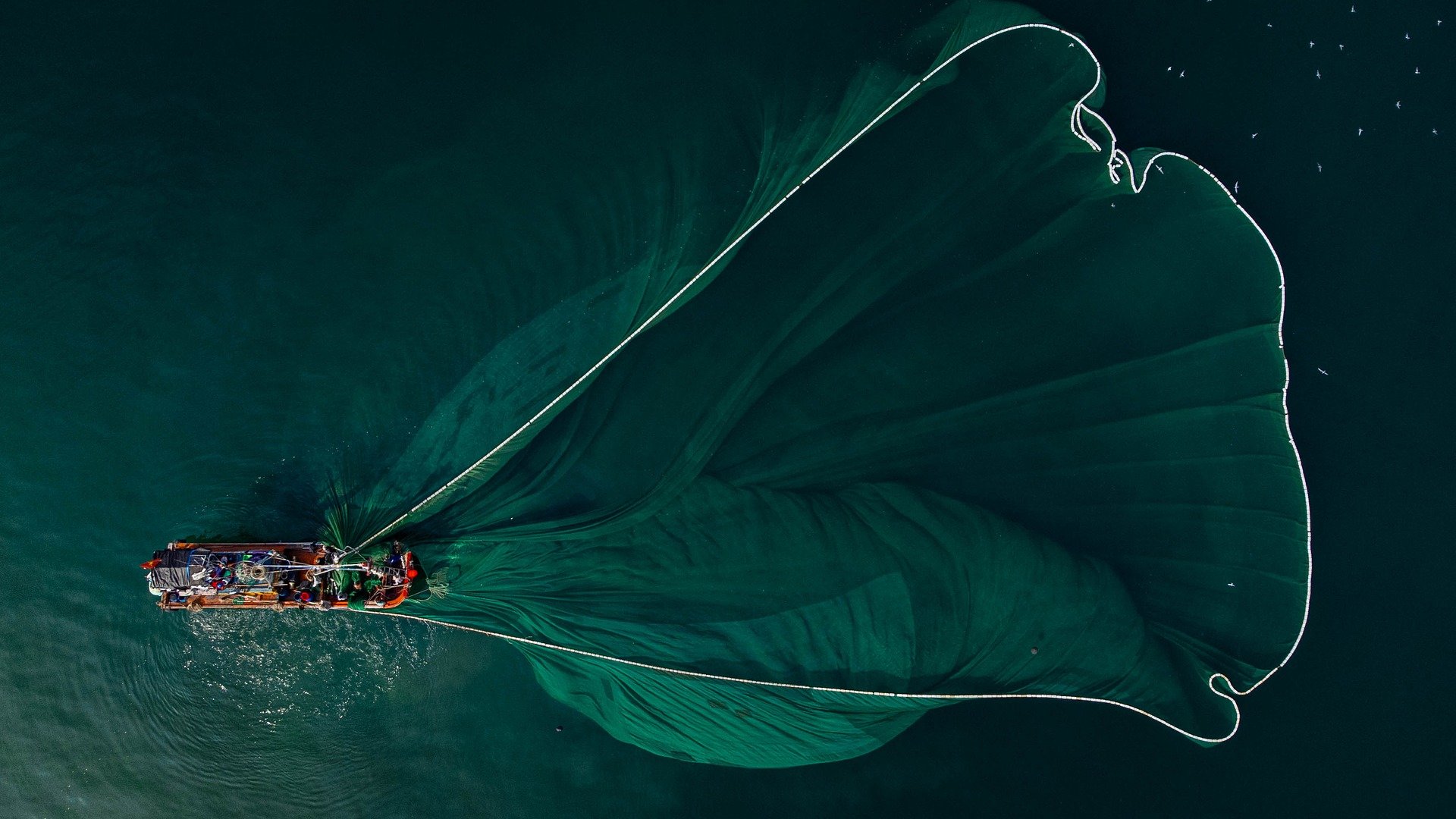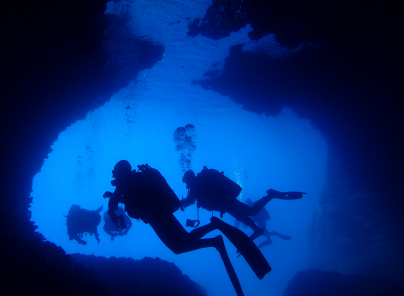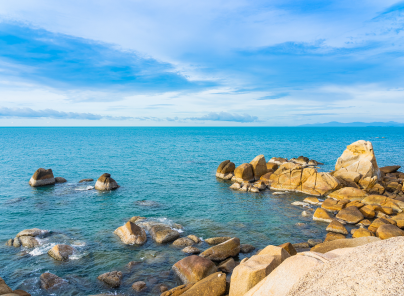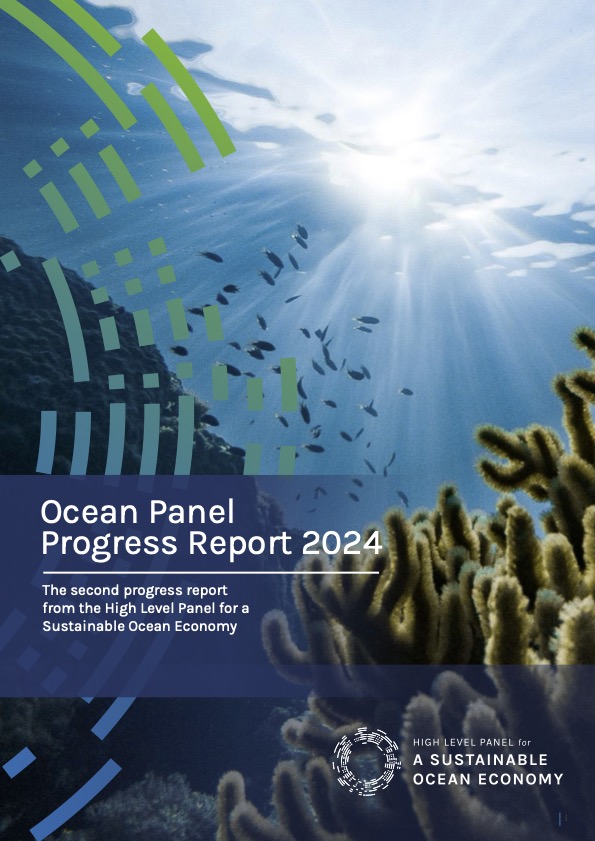The Ocean Panel represents 19* diverse nations and encompassing 50 percent of the world’s coastlines and 45 percent of the global exclusive economic zone (EEZ) area. The Ocean Panel collectively committed to achieving a sustainable ocean economy through sustainably managing 100% of the ocean area under national jurisdiction.

*The United Arab Emirates (UAE) joined as the 19th and newest Ocean Panel member country in September 2024. As it was not a member at the time of writing, this report does not contain progress data on the UAE.
Guiding the Ocean Panel is the Transformations for a Sustainable Ocean Economy agenda, which charts a course across five pillars:
Highlights
Significant Progress
As of August 2024, all 18 Ocean Panel member countries had continued to make significant progress towards 100% sustainable ocean management—half of all member countries (nine in total) are now either implementing and/or updating their SOPs, and four countries are in the final development stages of completing their first SOPs within five years of joining the Ocean Panel.
Continued Advancement
Enabling factors such as strong inter-ministerial coordination, technical expertise and accessible data, and funding opportunities have facilitated SOP progress, while challenges like resource constraints, conflicting stakeholder priorities, and data gaps have hindered faster advancement.
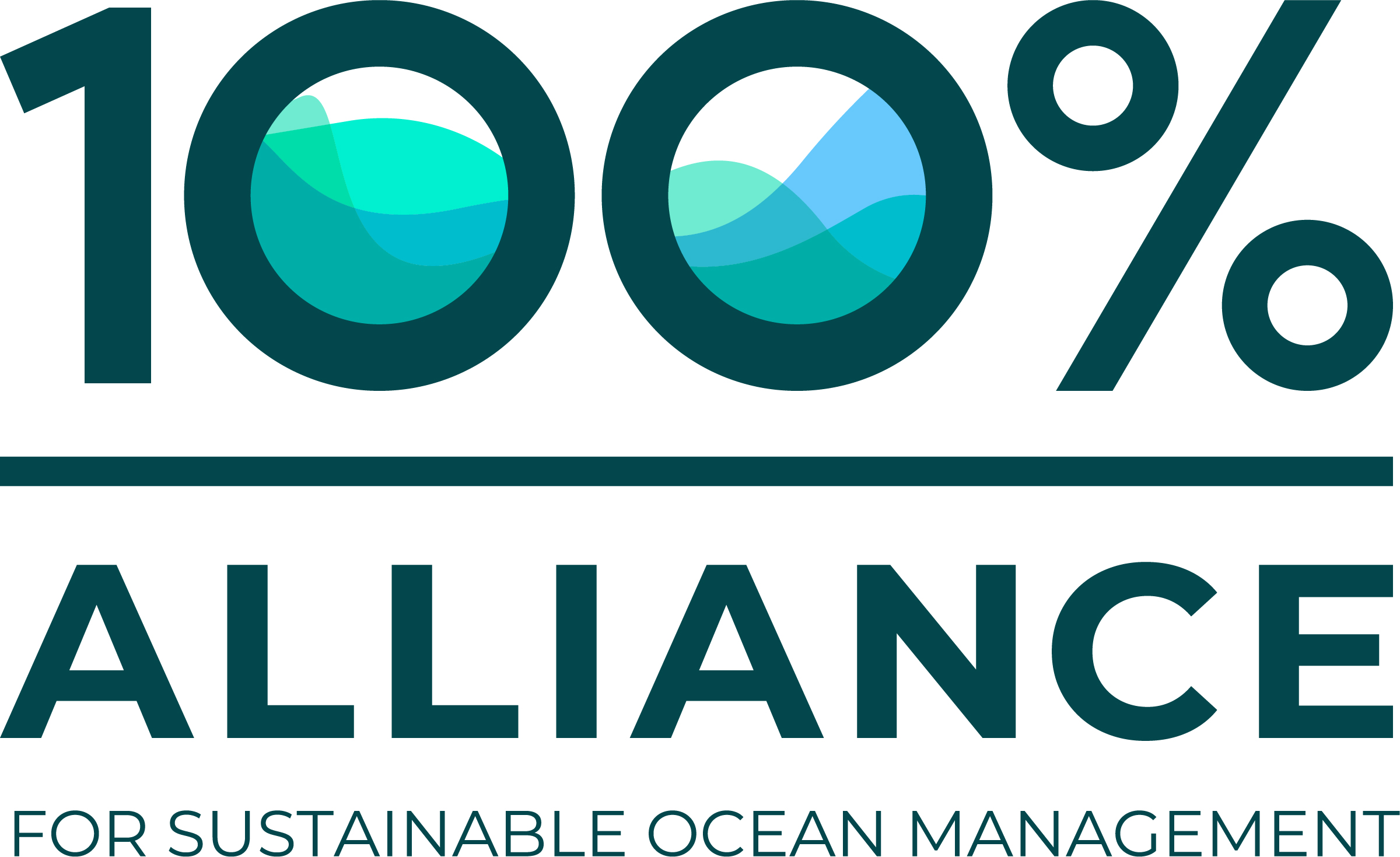
Building Momentum
In addition to advancing its own progress, the Ocean Panel is advocating for all coastal and ocean states to join in the commitment to sustainably manage 100% of the ocean area under national jurisdiction by 2030 through the 100% Alliance campaign.
Reaching 100%
In addition to advancing its own progress, the Ocean Panel is advocating for all coastal and ocean states to join in the commitment to sustainably manage 100 percent of the ocean area under national jurisdiction by 2030.
Institutional Support
Over three-quarters of Ocean Panel country SOPs are supported by legislative measures or policies, strengthening their legal and institutional backing.
Promoting Cross-Sectoral Mechanisms
14 Ocean Panel members have a cross-sectoral mechanism in place to support SOP development and implementation, formally established through policies, agreements or official documentation.
Fostering Collaboration
Since 2018, eight collaborative Ocean Panel Action Groups have emerged to support the realisation of the Transformations agenda‘s priority actions and 2030 outcomes, with six still active and two having completed their mandates.
Urgent Ocean Goals
At COP28, the Ocean Panel joined by the Secretariat of the Organization of American States, issued a joint declaration that recognises the urgent need to sustainably manage 100% of the ocean area under national jurisdiction, and urged other island and coastal countries to do the same.
Ocean Panel members self-assessed their individual progress against a focused set of 26 of the 74 Transformations priority actions, while recognising different national contexts and priorities, progress is shown across the five key pillars:
Ocean Health
All member countries have made progress in halting ecosystem loss and managing protected areas, and 14 countries have made advances in integrating ocean and climate action.
Ocean Wealth
All countries are progressing on combating illegal, unreported and unregulated (IUU) fishing; 15 countries are addressing harmful subsidies; and 16 countries are advancing sustainable tourism.
Ocean Equity
There is universal progress in promoting responsible business practices, with 16 countries actively advancing women’s engagement and 15 countries progressing on Indigenous rights.
Ocean Knowledge
17 countries are making headway on open data sharing, and 16 countries are advancing measures to improve ocean literacy and investing in conservation knowledge.
Ocean Finance
Nearly all countries are directing investments toward and supporting sustainable finance principles for sustainable ocean economies.
This report explores progress towards the Ocean Panel commitment of achieving 100% sustainable ocean management through Sustainable Ocean Plans, the aspired outcomes of the Transformations agenda, and the goals of the initiatives and coalitions that have arisen from the Ocean Panel, among others.
While not exhaustive, this report demonstrates the Ocean Panel’s commitment to transparency and showcases compelling highlights, illustrating the diverse spectrum of actions unfolding across all Ocean Panel countries.
